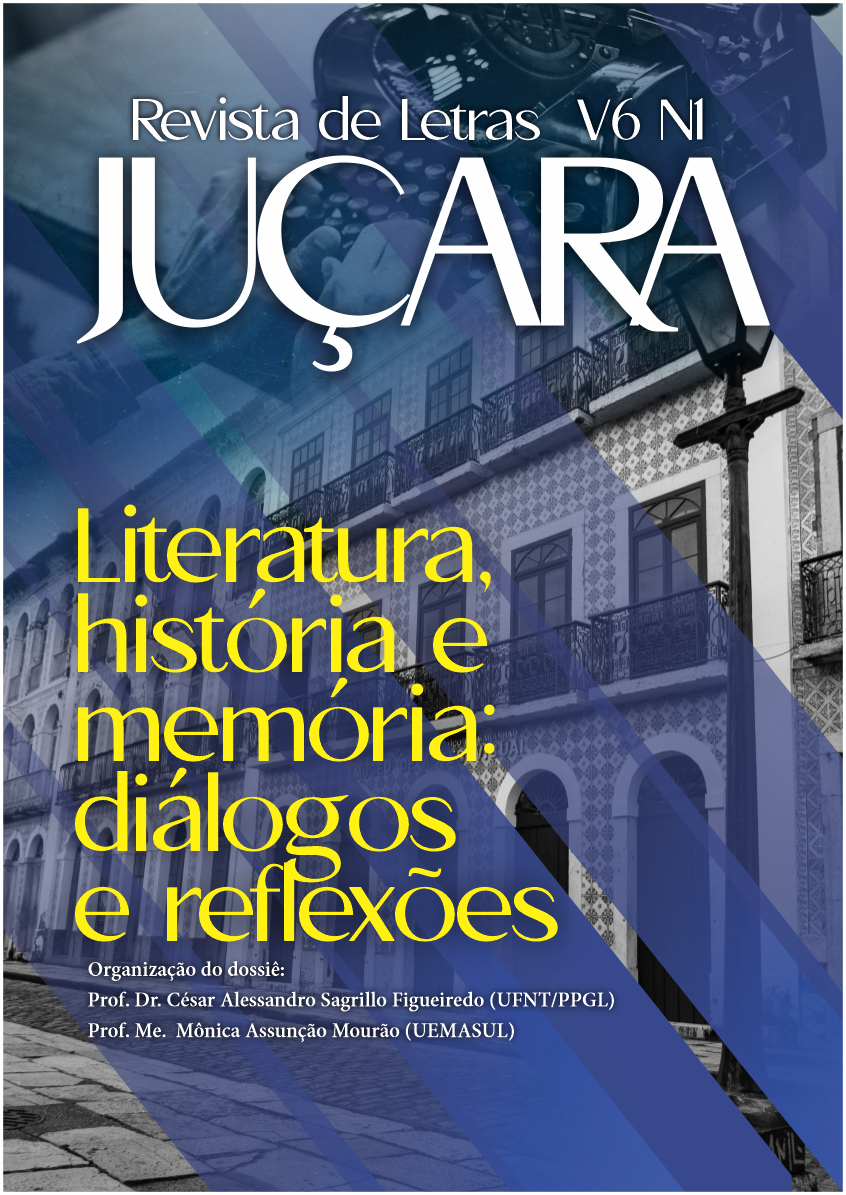"GRAMPEARAM O MENINO DO CORPO FECHADO": REPRESENTAÇÕES DA MORTE E DA MARGINALIDADE EM CANÇÕES DE ALDIR BLANC E JOÃO BOSCO
DOI:
https://doi.org/10.18817/rlj.v6i1.2751Resumo
O artigo analisa como a morte e a marginalidade são representadas nas músicas “De frente pro crime” (1975) e “Tiro de misericórdia” (1977), de Aldir Blanc e João Bosco. Como base teórica, utilizamos a ideia de representação social (MOSCOVICI, 1978), de representações da morte (KOVÁCS, 1992), de outsider (BECKER, 2008) e de violência urbana (OLIVEN, 2010). Ambientadas no período da ditadura civil-militar brasileira, tais canções expressam as tensões entre os sujeitos marginalizados e o ideário autoritário assumido tanto pelos militares quanto por parte da sociedade civil. A hipótese sustentada pelo artigo é que, ao abordar o assassinato de dois supostos criminosos, os compositores revelam como tal fato gera um misto de alívio e indiferença na opinião pública, estendendo a condição de marginalização para além da própria morte.
Downloads
Publicado
Como Citar
Edição
Seção
Licença
Copyright (c) 2022 Wellington Girardi Rodrigues, Gerson Luís Trombetta

Este trabalho está licenciado sob uma licença Creative Commons Attribution 4.0 International License.
A submissão de originais para a Revista de Letras Juçara implica na transferência, pelos autores, dos direitos de publicação. Os direitos autorais para os artigos publicados nesta revista são do autor, com direitos da revista sobre a primeira publicação. Os autores somente poderão utilizar os mesmos resultados em outras publicações indicando claramente a Revista de Letras Juçara como o meio da publicação original.


